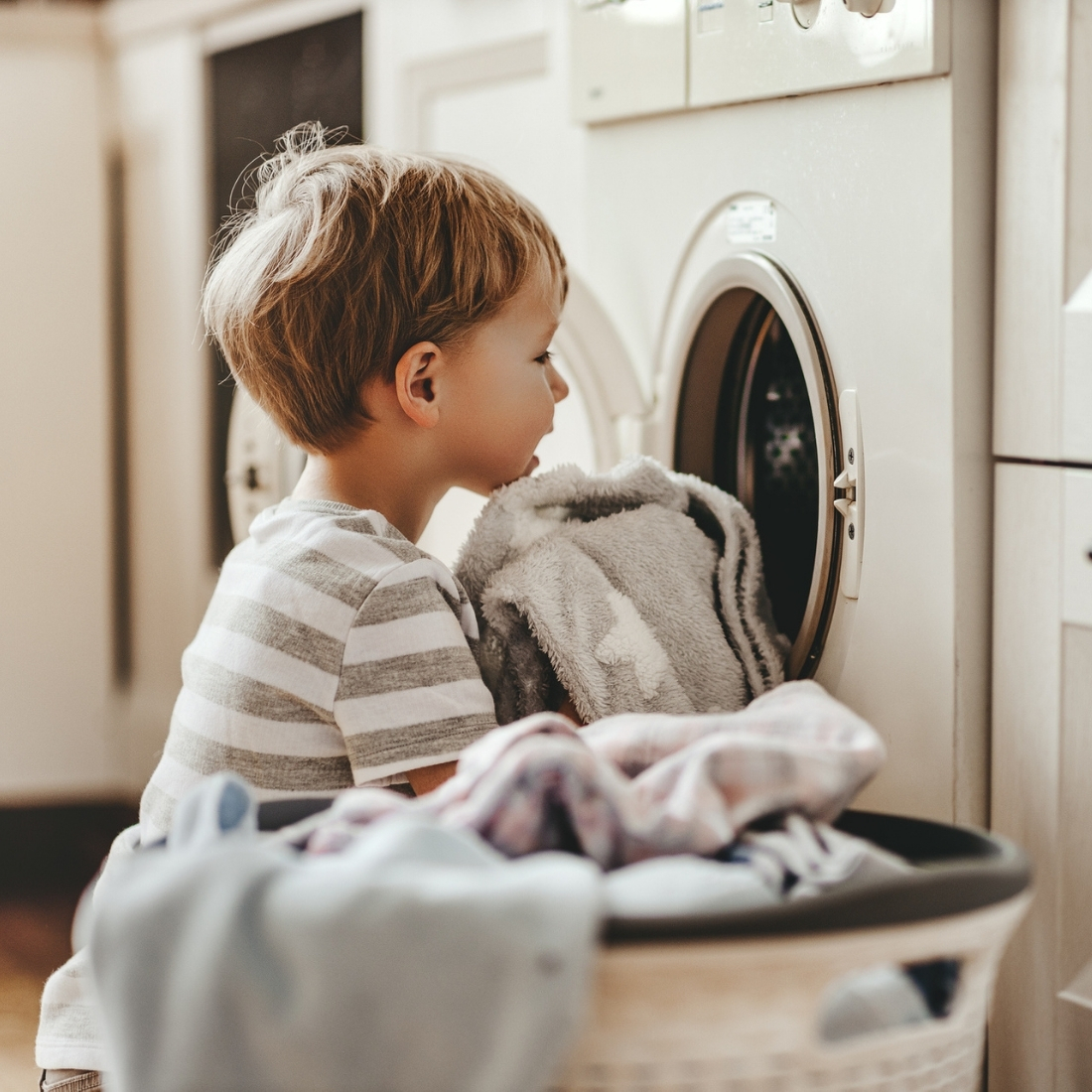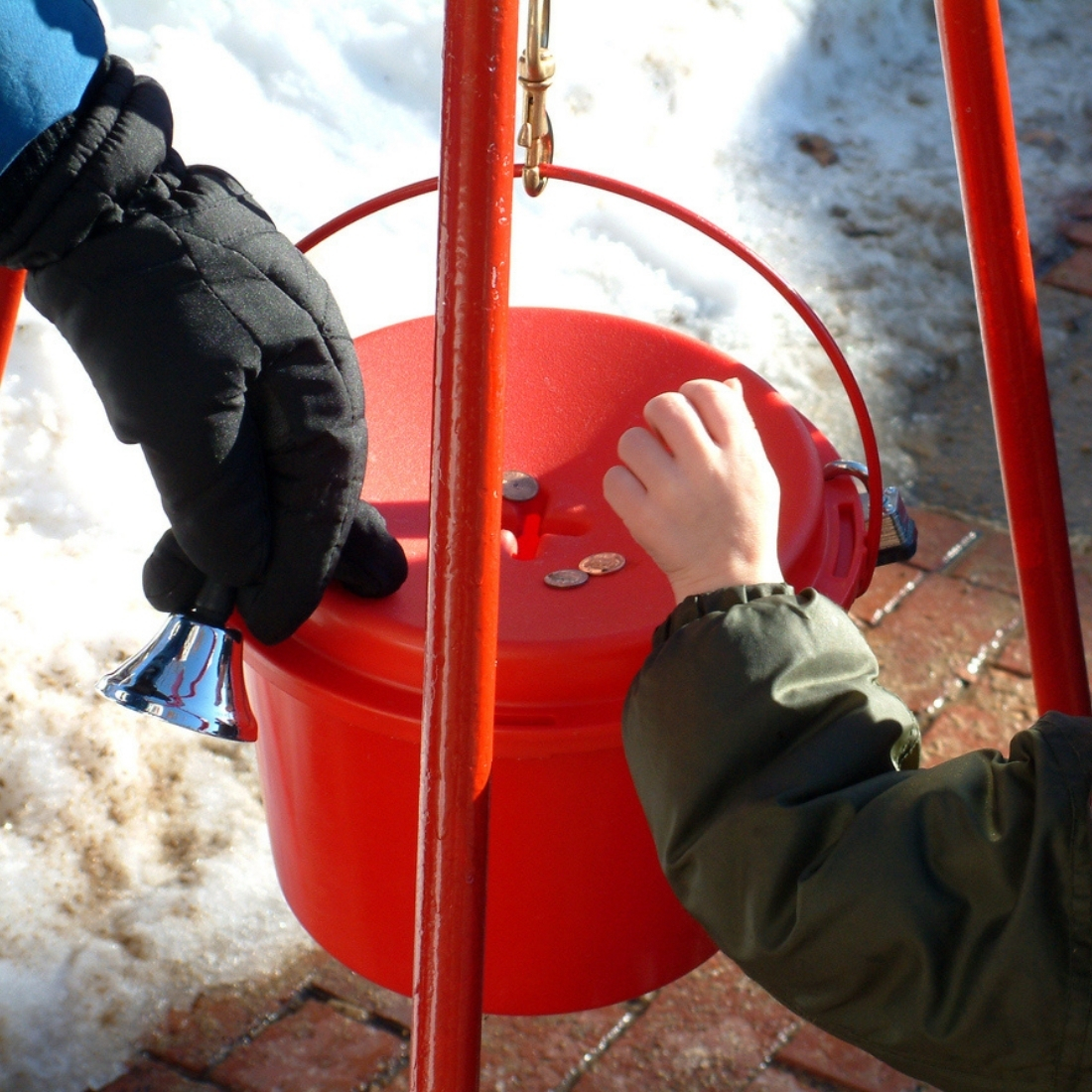
Summertime is a fun time for families. Away from the regular hustle and bustle of the school year, kids get the opportunity to learn things in a more hands-on way than they do in the classroom.
For some families, it's the perfect time to teach kids about money. Whether they're off to summer camp or the local pool, chances are your kids might want a few bucks for something here and there. It's a great opportunity to teach them about earning and spending money without it interfering with their school responsibilities and other extracurriculars.
While most people believe it's a subject to broach with your child as they get older, many find that there are benefits to teaching financial smarts sooner rather than later.

"Educating our kids at a young age about the power of money, how to save, how to earn and budget, and how not to overspend can help kids build habits that will serve them well into their adult life," says Dean Brauer, youth financial education expert who is also the president and cofounder of gohenry. Dean believes that we're responsible for teaching kids how to spend safely and learn good money habits, which gohenry serves as a tool for.
"Summer is a great time to give our kids some independence and promote healthy financial habits."

So how can we teach kids these big concepts in ways they can understand? First, recognize the age you're working with and scale down your concepts so they make sense in their little (or not so little) worlds. Then, try to lead without being too preachy. Let kids do the figuring out, but provide guidance where you can.
What you want isn't the same as what you need.

This isn't just a financial principle, but a life principle you can start teaching kids at a young age. Explain that needs are the things we require to survive, and wants are things that are nice to have but we can live without, even when that's hard.
Money isn't everything.

A lot of kids learn about money and become a little obsessed. They ask about the price of everything, hypothesize what they'd do with money, and more. There's healthy curiosity, and then there's a misunderstanding on the importance of money.
Dean says kids need to be reminded of values that mean more than dollar amounts. "Living within your means, working hard and honestly, creating time for things that you live to do and worrying less about shiny material things, and building memories and positive relationships all contribute to a wealthy life," he notes.
"This is what true wealth is!"
It's never too soon to start earning.

Kids have a lot of opportunities to do something in exchange for a little bit of money if their parents are willing and able to put them in place. Chores and part-time jobs are two of the most common ways that kids can make a little pocket cash.
These jobs "help you understand the value of a dollar, and you'll learn some very important skills that will serve you well for your entire career," Dean explains.
"Start earning your own money as early as you can."
Kids can learn to budget before they start working.

Budgeting might seem like a tough concept for a kid to wrap their head around, but it's not as hard as you think. Dean believes kids can (and should) start to learn about budgeting before they're making money of their own.
"This can start early by giving your kids a regular allowance and then when they're ready to work they'll know how to budget," Dean says.
"The key is to be clear on what you expect their money to go towards versus what you will take care of for them. Then let them plan their budget and live within it."
Talk about the importance of compounding.

This tip applies to older kids as they get into the world of formally saving and starting to use credit. The concept of compounding is important to understand so they know how debt can easily snowball and how savings can grow.
"Not paying off your credit card in time and your interest compounding can seriously affect your well-being," Dean says.
"On the other hand, saving and investing modest sums of money over long periods of time will generate wealth."
Don't police their spending, but talk to them about it.
Kids of all ages are liable to make some less-than-wise purchases. If you don't give them the opportunity to make mistakes, they'll only see purchases in the categories of things they are and are not allowed to spend money on, which doesn't help build healthy habits of their own.
Keep an eye on what your kids are buying, and check in with them once in a while. Talk to them about whether or not they feel good about their purchases and what they've learned from the experience.
Set a good example where you can.

A lot of the ideas that kids get about money can come from you. Pay attention to the attitudes you exhibit about money, especially around your kids. Try to lead by example when the situation allows for it.
Teach them about giving.

Kids who learn the basics of money often miss out on an important component of it: giving back. Talk about why we help others and what we should look to learn from that experience. Let them give back in little ways, from dropping change in donation jars to donating to causes they care about.




